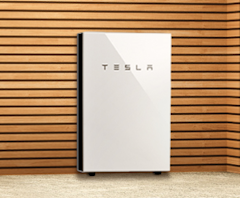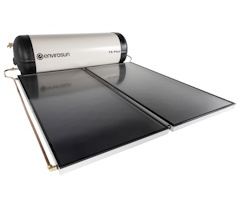Solar Panels Glossary
We continually add and update related terms to solar panels.
A
-
Alternating Current (AC)
Alternating Current (AC) is an electric current that reverses direction at regular intervals. AC is typically used in power supplies.
B
-
Battery Storage
Battery storage refers to systems that store excess solar energy produced during the day for later use, especially during nighttime or periods of low sunlight.
-
Balance of System (BOS)
The Balance of System (BOS) refers to all components of a solar energy system except the solar panels themselves. This includes the inverter, wiring, mounting equipment, batteries, and other electrical components needed to ensure the system operates efficiently and integrates with the grid or storage systems.
D
-
Direct Current (DC)
Direct Current (DC) flows in one direction. DC must be converted to Alternating Current (AC) for use in standard electrical appliances.
F
-
Feed-in Tariff
A Feed-in Tariff is a payment made by an energy retailer to your account for the electricity sent back to the grid from your solar panel system.
G
-
Grid-Tied System
A grid-tied system is a solar power setup that is connected to the local electricity grid, allowing you to send excess power to the grid and receive power when your system is not producing enough.
I
-
Inverter
An inverter is an electronic device that converts Direct Current (DC) electricity from solar panels into Alternating Current (AC), which is the standard form of electricity used in most households and businesses.
M
-
Maximum Power Point Tracking (MPPT)
MPPT is a technology used in solar inverters to optimise the amount of power extracted from solar panels by continuously adjusting the operating point to the maximum power point.
N
-
Net Metering
Net metering is a billing arrangement that allows solar panel owners to receive credits for excess energy sent to the grid, which can offset electricity costs when using power from the grid.
K
-
Kilowatt (kW)
A kilowatt (kW) is equivalent to 1,000 watts and is commonly used to measure the capacity of solar systems.
-
Kilowatt-Hour (kWh)
A kilowatt-hour (kWh) is a unit of measurement for electricity consumption. One kWh is the amount of energy used by a 1 kW machine or appliance running for one hour.
P
-
Photovoltaic (PV)
Photovoltaic (PV) refers to the technology used to convert sunlight into electricity through solar panels.
O
-
Off-grid
Off-grid refers to a solar system that is not connected to the electricity grid and cannot send or receive electricity from it.
S
-
Solar Cells
Solar cells, also known as photovoltaic cells, are individual units within a solar panel that convert sunlight into electricity.
-
Solar Energy
Solar energy is the energy harnessed from the sun, which can be converted into electricity using solar panels and systems.
T
-
Tier 1
Tier 1 is a classification of top-rated solar panel manufacturers known for producing high-quality, reliable solar panels.





